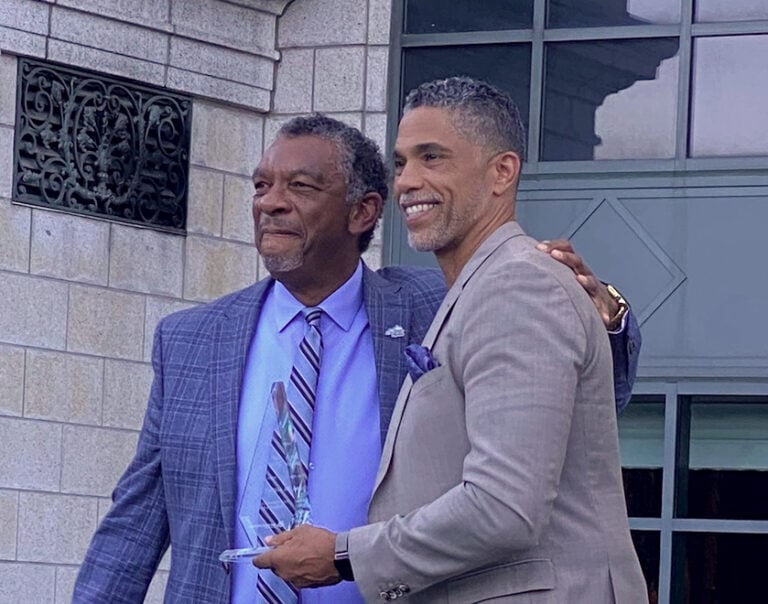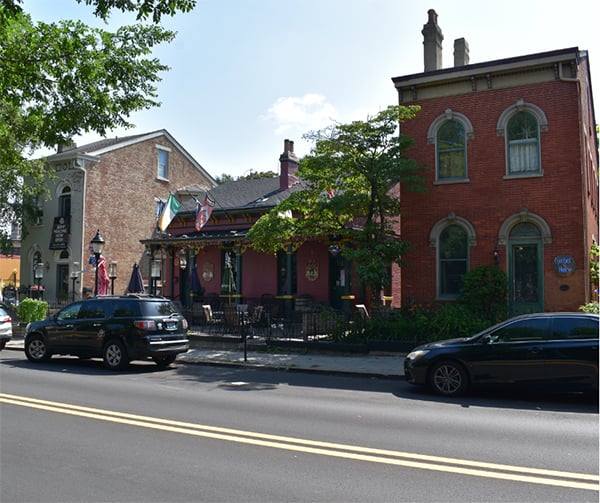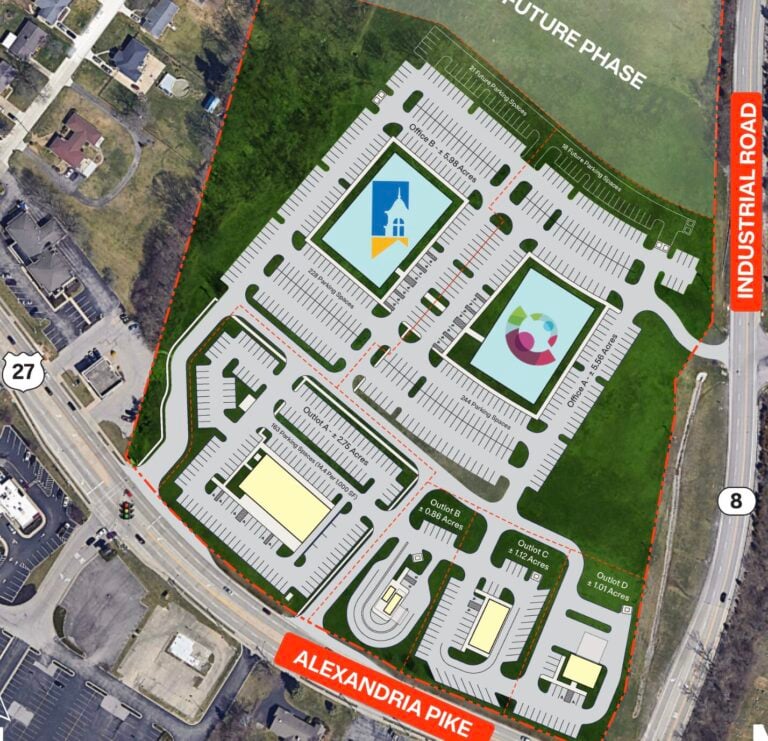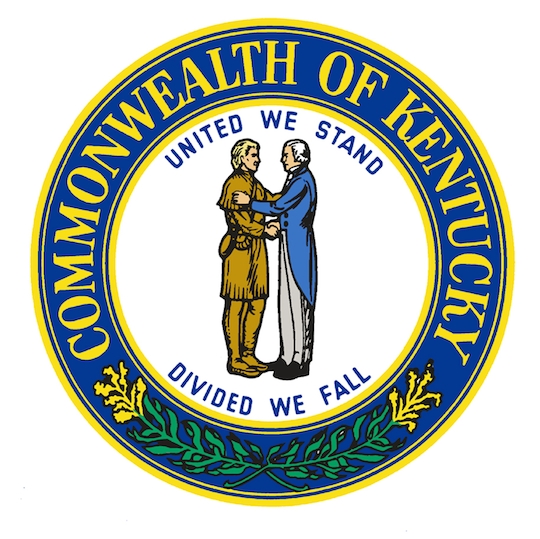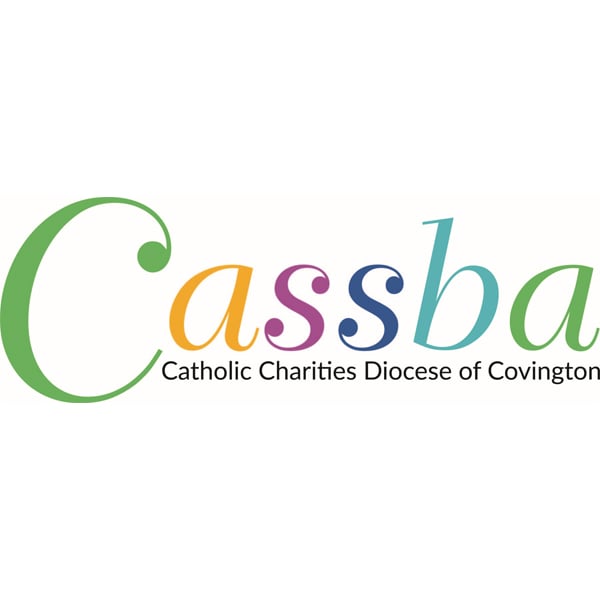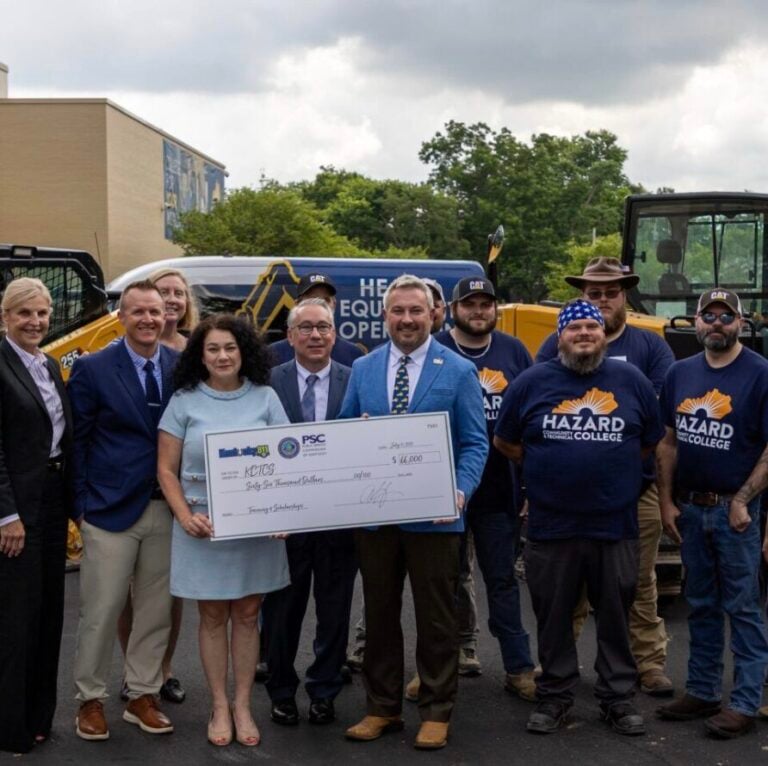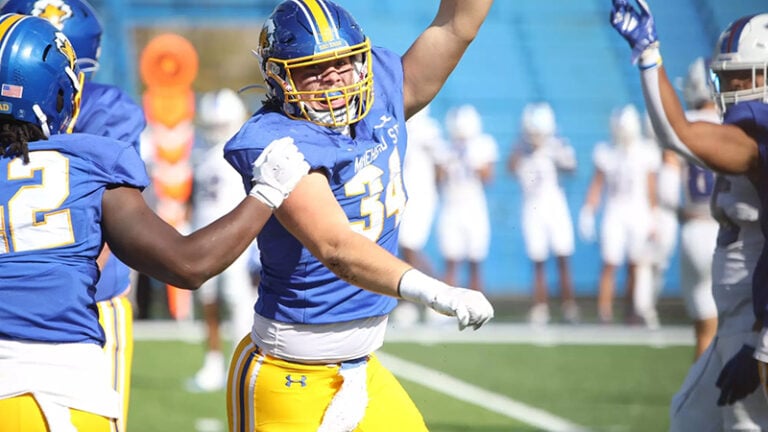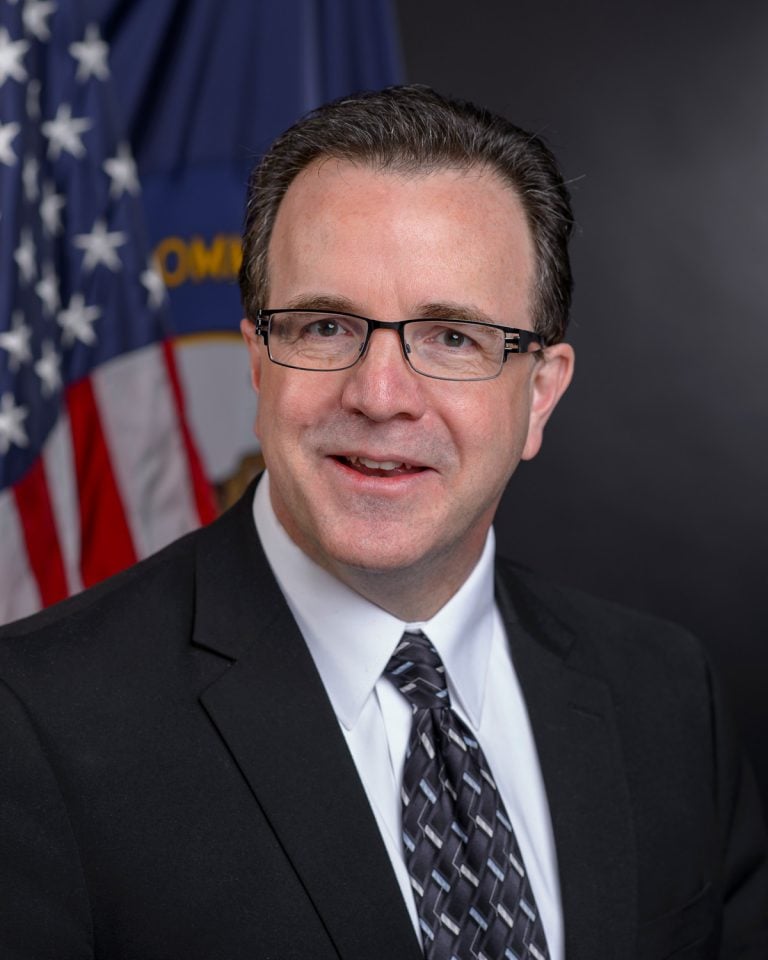By Mahak Kalra
Kentucky Youth Advocates
We’ve made a big step towards ending the pandemic with vaccines now available to protect adults and youth (ages 12 and older) against COVID-19. Kentucky’s approximately one million kids look forward to the day when they can more safely spend time with friends, travel with their families, attend school in person, and enjoy their communities.
To protect children from COVID-19 and potential variants, the American Academy of Pediatrics provided a checklist for parents and caregivers for child COVID-19 vaccinations.
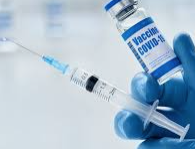
Getting your child ready for the COVID-19 vaccination:
• Double check that your child is up to date on all routine immunizations. Making sure that your Kentucky Certification of Immunization is up to date is important for keeping your child and their peers safe from preventable diseases. You can double check what vaccinations are required for your grade level by checking the Kentucky Cabinet for Health and Family Services website.
• Call your child’s pediatrician or primary care doctor to ask them questions, share any concerns you may have, or tell them you’re planning to have your child vaccinated.
• Schedule your child’s COVID-19 vaccine appointment. Check to make sure the COVID-19 vaccine brand is Pfizer. This is currently the only authorized vaccine for children ages 12-17. Parents and caregivers can find vaccination sites administering the Pfizer vaccine on vaccines.gov.
• Schedule your second dose when your child receives their first vaccine. You are considered fully vaccinated two weeks after receiving the second dose.
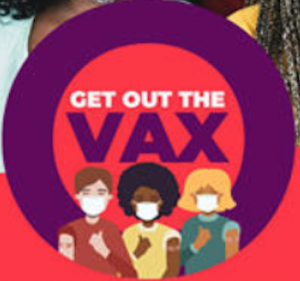
• Keep the paper vaccination card you receive in a safe place and don’t laminate the card in case more information needs to be added.
• Take a photo of the paper card, or make a copy of it, and send it to the pediatrician or primary care doctor to update your child’s medical record. Don’t share a photo of the card on social media to avoid identity theft risk.
Vaccine participation and access should be encouraged and supported for all youth and adolescents, with particular attention to those disproportionately affected by the pandemic. Ensuring children have access to the COVID-19 vaccine will not only positively impact health but will also serve as a catalyst for a safer community environment.








